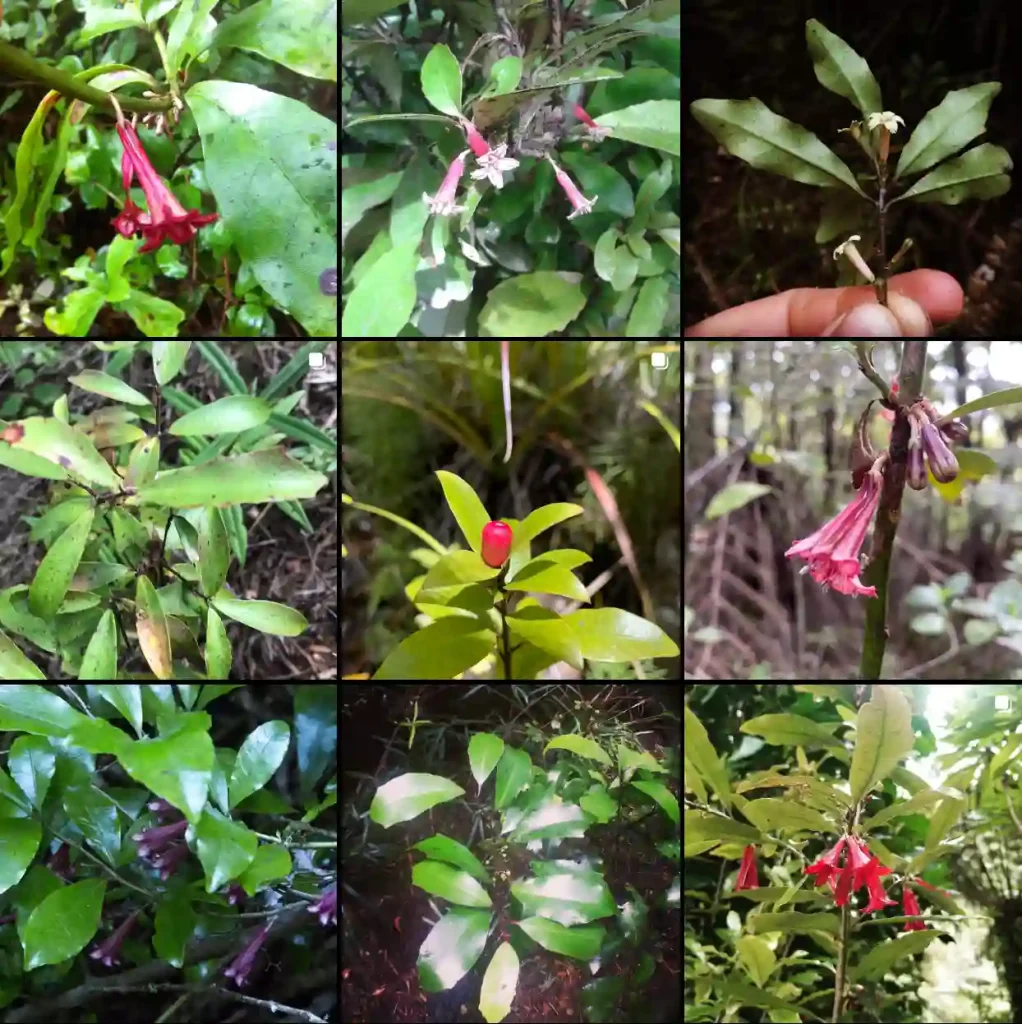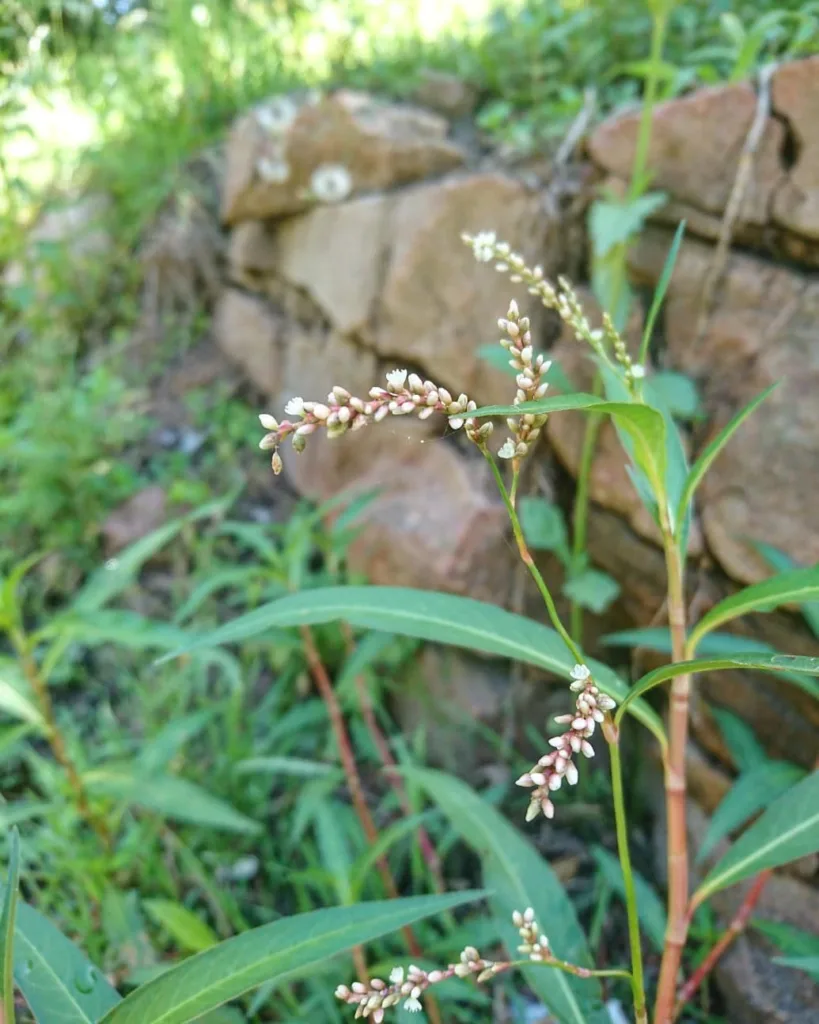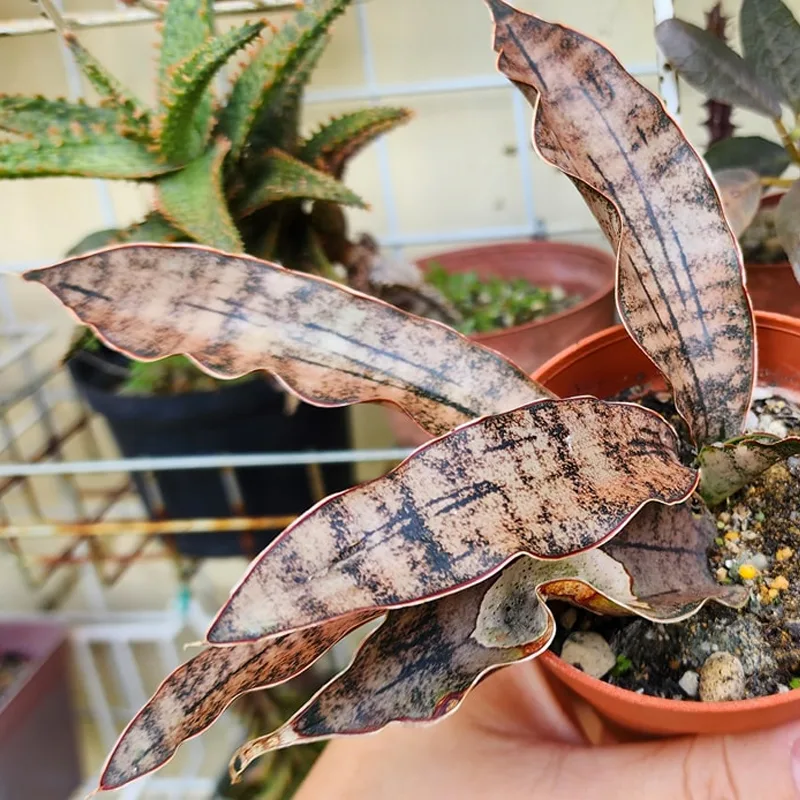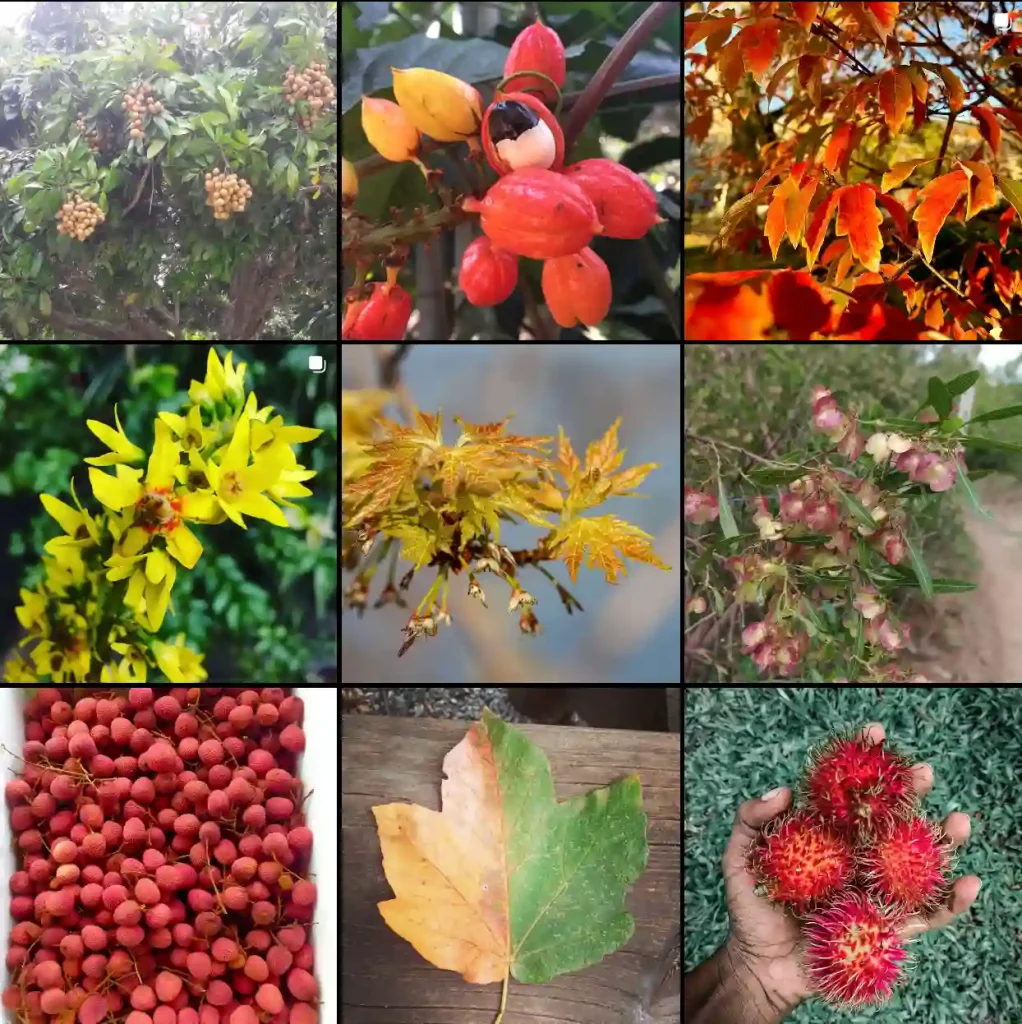Spiranthes: A Love Affair with Lady’s Tresses
My name is Ferb Vu, and I’m something of an orchid enthusiast. Of all the diverse and beautiful genera in the Orchidaceae family, there’s one that holds a special place in my heart: Spiranthes, more commonly known as Lady’s Tresses. These delicate terrestrial orchids, with their spiraling inflorescences of small, often white or creamy flowers, are a testament to the beauty of simplicity and the elegance of nature’s design.
I first encountered Spiranthes on a hike through a local woodland. The dappled sunlight filtering through the canopy illuminated a patch of these orchids, their slender stems rising gracefully from the leaf litter, each adorned with a delicate spiral of pearly blossoms. I was captivated. There was a quiet beauty to them, an understated elegance that spoke volumes. From that moment on, I was hooked.
The Charm of Spiranthes
What is it about Spiranthes that so enchants me? Perhaps it’s the spiral arrangement of the flowers, a unique characteristic that gives them their common name. This spiral can twist either clockwise or counterclockwise, adding another layer of intrigue to these already fascinating plants. Or maybe it’s their resilience. Spiranthes are terrestrial orchids, meaning they grow in the ground rather than on trees like their epiphytic cousins. They’ve adapted to a variety of habitats, from meadows and woodlands to bogs and fens, demonstrating a hardiness that I admire.
But more than anything, I think it’s their understated beauty. Spiranthes don’t shout for attention with flamboyant colors or oversized blooms. Instead, they whisper with their delicate forms and subtle hues. They are a reminder that beauty can be found in the simplest of things, in the gentle curve of a stem, the delicate texture of a petal, the quiet elegance of a spiral.
A Diverse Genus
The genus Spiranthes is surprisingly diverse, with somewhere 52 species recognized depending on taxonomic interpretation. This variability is a testament to the adaptability of these orchids, their ability to evolve and diversify to suit a range of environments. Here are:
- Spiranthes aestivalis (Poir.) Rich.
- Spiranthes arcisepala M.C.Pace
- Spiranthes australis (R.Br.) Lindl.
- Spiranthes bightensis M.C.Pace
- Spiranthes brevilabris Lindl.
- Spiranthes casei Catling & Cruise
- Spiranthes cernua (L.) Rich.
- Spiranthes delitescens Sheviak
- Spiranthes diluvialis Sheviak
- Spiranthes × eamesii P.M.Br.
- Spiranthes eatonii Ames ex P.M.Br.
- Spiranthes flexuosa (Sm.) Lindl.
- Spiranthes graminea Lindl.
- Spiranthes hachijoensis Suetsugu
- Spiranthes × heteroaustralis J.M.H.Shaw
- Spiranthes × hongkongensis S.Y.Hu & Barretto
- Spiranthes igniorchis M.C.Pace
- Spiranthes incurva (Jenn.) M.C.Pace
- Spiranthes infernalis Sheviak
- Spiranthes × intermedia Ames
- Spiranthes jouyana R.González & Lizb.Hern.
- Spiranthes × kapnosperia M.C.Pace
- Spiranthes lacera (Raf.) Raf.
- Spiranthes laciniata (Small) Ames
- Spiranthes longilabris Lindl.
- Spiranthes lucida (H.H.Eaton) Ames
- Spiranthes magnicamporum Sheviak
- Spiranthes maokensis M.C.Pace
- Spiranthes minamitaniana Suetsugu
- Spiranthes nebulorum Catling & V.R.Catling
- Spiranthes niklasii M.C.Pace
- Spiranthes nivea T.P.Lin & W.M.Lin
- Spiranthes ochroleuca (Rydb.) Rydb.
- Spiranthes odorata (Nutt.) Lindl.
- Spiranthes ovalis Lindl.
- Spiranthes perexilis (Sheviak) M.C.Pace
- Spiranthes porrifolia Lindl.
- Spiranthes praecox (Walter) S.Watson
- Spiranthes pusilla (Blume) Miq.
- Spiranthes romanzoffiana Cham.
- Spiranthes × sierrae M.C.Pace
- Spiranthes × simpsonii Catling & Sheviak
- Spiranthes sinensis (Pers.) Ames
- Spiranthes spiralis (L.) Chevall.
- Spiranthes × stellata P.M.Br., Dueck & K.M.Cameron
- Spiranthes sunii Boufford & Wen H.Zhang
- Spiranthes sylvatica P.M.Br.
- Spiranthes torta (Thunb.) Garay & H.R.Sweet
- Spiranthes triloba (Small) K.Schum.
- Spiranthes tuberosa Raf.
- Spiranthes vernalis Engelm. & A.Gray
- Spiranthes × zahlbruckneri H.Fleischm.
Conservation Concerns
Unfortunately, like many orchids, Spiranthes are facing increasing threats. Habitat loss due to development and agriculture is a major concern, as is the illegal collection of wild plants. Climate change is also likely to have an impact, altering the delicate environmental conditions that these orchids require.
It’s crucial that we take steps to protect these beautiful and fascinating plants. This includes supporting conservation efforts, raising awareness about the threats they face, and being responsible orchid enthusiasts, never purchasing plants that have been collected from the wild.
A Continuing Fascination
My fascination with Spiranthes continues to grow with each passing year. I find myself drawn to their quiet beauty, their resilience, and their understated elegance. They are a reminder that the natural world is full of wonders, waiting to be discovered and appreciated.
Whether I’m hiking through a woodland, exploring a bog, or simply admiring a patch of these orchids in my own garden, I’m always filled with a sense of awe and appreciation. Spiranthes, the Lady’s Tresses, are a true gift of nature, a testament to the beauty and diversity of the orchid family. I hope that future generations will have the opportunity to experience the same joy and wonder that I feel when I encounter these enchanting plants.
If i die, water my plants!



